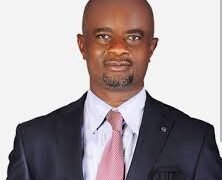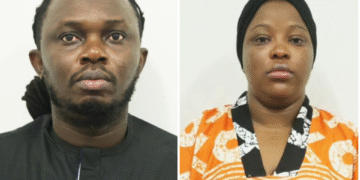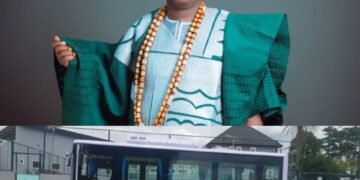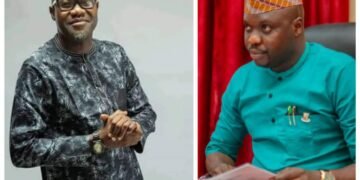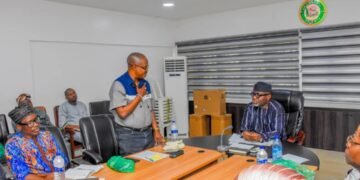Nobel Laureate, Professor Wole Soyinka, has revealed that the United States of America has revoked his visa, temporarily preventing his entry into the country.
Soyinka made the disclosure on Tuesday during a media parley at Kongi’s Harvest Gallery, Freedom Park, Lagos Island, expressing surprise at the development and insisting he was unaware of any wrongdoing that could have warranted such action.
“It is necessary for me to hold this conference so that people in the United States expecting me for events do not waste their time. I have no visa; I am banned, obviously, from the United States. And if you want to see me, you know where to find me,” he told journalists.
The reason for the revocation remains unclear. Soyinka said he was informed of the decision through a letter from the U.S. Consulate dated October 23, 2025.
The letter, issued by the Non-Immigrant Visa (NIV) Section of the Consulate, stated:
“This letter serves as official notification by the United States Consulate General in Lagos that the nonimmigrant visa listed below has been revoked pursuant to the authority contained in U.S. Department of State regulations.”
Expressing confusion, Soyinka noted that he had no criminal record or legal issue that could justify the revocation.
“I’m still looking into my past history… I don’t have any record—felony, misdemeanor, or anything that could qualify me for this,” he said.
He recalled that in September 2025, he had declined an invitation from the U.S. Consulate for a visa re-interview, which was scheduled for September 11. At the time, he questioned the authenticity of the invitation, initially dismissing it as a scam.
“I thought it was advance-fee fraud because I had never received that kind of letter from any embassy. I even thought maybe AI had generated generic letters,” he said, adding that his relationship with U.S. diplomatic officials had always been cordial.
Soyinka’s revoked visa was a B1/B2 category — a temporary, non-immigrant visa for business or tourism purposes.
He emphasized that the issue was not personal but puzzling, noting that he remains in the dark about what led to the U.S. government’s decision.





